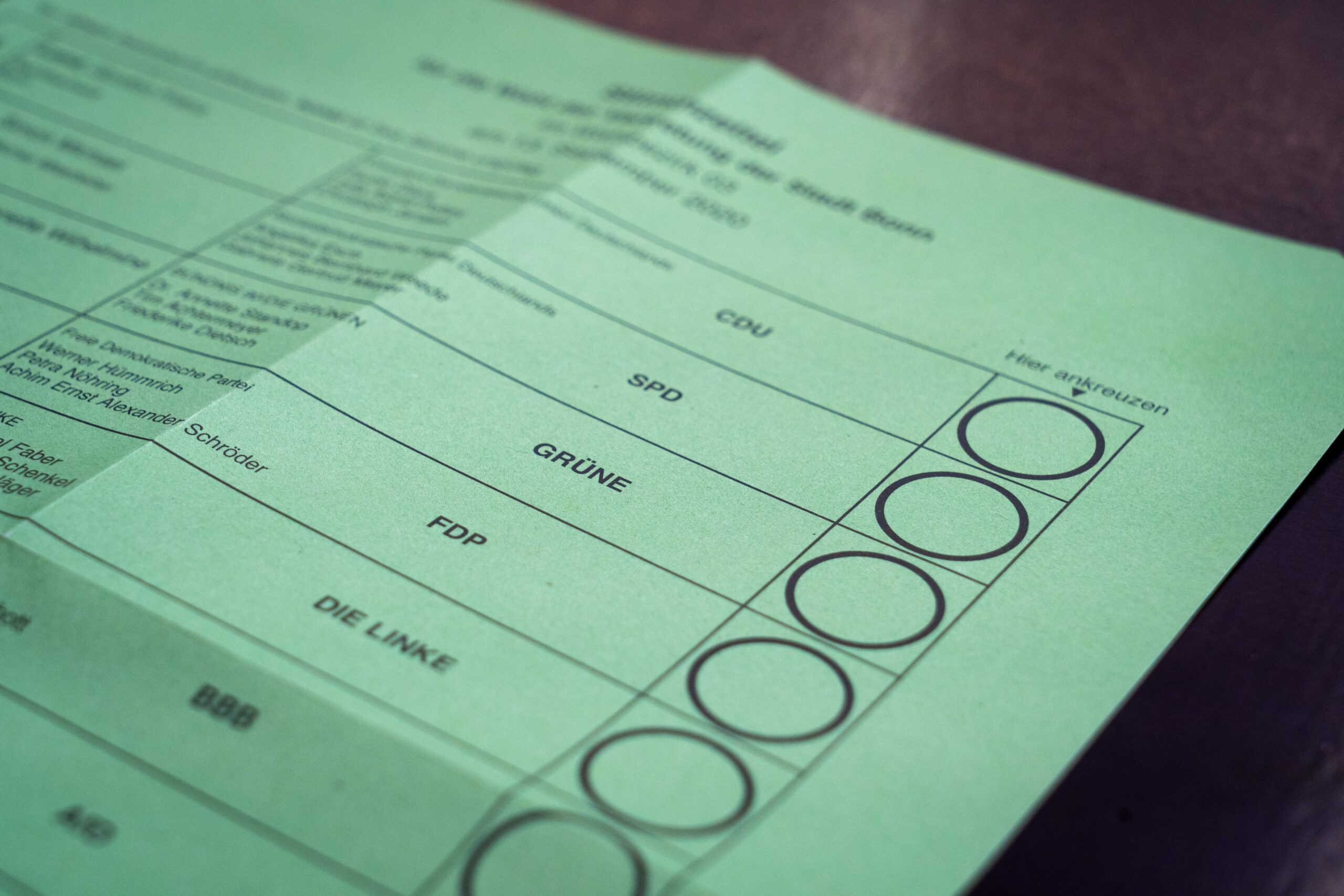
Wednesday, Oct. 19, 2022
Learn more about 2D: Charter clarification of candidate issues
Want a second opinion? Read Yes on 2D: Charter changes reflect current practices
By Celeste Landry
Two of the four proposed changes in Ballot Question 2D are bad for candidates and bad for voters: “allow candidates to run for only one office at an election” and “[the process to] fill vacancies for the remainder of the vacated term.” These 2 provisions, respectively, reduce the number of serious mayoral candidates and diminish the voice of voters when filling council seats. As we work toward a more perfect democracy, voters should reject Question 2D and demand a better process.
First, some background on municipal candidate elections:
- Boulder has a “weak” mayor who presides over meetings but has no more power than other council members
- Mayors have historically been elected by the entire nine-member council, and any council member (newly elected or midway through their term) could run for mayor
- Mayor term = 2 years
- Standard council term = 4 years
- The new mayoral election will be conducted using the Instant-Runoff Voting (IRV) form of Ranked Choice Voting – an improvement over traditional plurality voting because IRV can elect a good candidate even when multiple good candidates split the vote
Let’s consider three reasons to reject the first provision restricting (or “allowing”) candidates to run for only one office.
Who would run for mayor? A serious political campaign can be a huge amount of work. All else being equal (and a weak mayor is equal to the other council members), candidates prefer to run for a longer four-year term than a shorter two-year mayoral term. Viable mayoral candidates are likely to be limited to people who have “nothing to lose,” i.e.,
- Council members with two years left in their term, and
- Term-limited council members
What is the impact of fewer mayoral candidates? Voters will have less choice. How ironic! Just when Boulder starts using IRV to give voters a more expressive ranking ballot, Question 2D would discourage candidates from entering the race. If the mayoral contest has only one or two viable candidates, IRV’s instant runoff won’t be triggered and voters might as well have voted the old “choose one” ballot.
A third reason to allow candidates to run for both mayor and council is to preserve the ability of good candidates to be public servants. In the current system, a council member who runs for mayor but doesn’t win continues serving as a council member. That should continue.
A good candidate who doesn’t get elected mayor should be able to get enough support to win one of the council seats. If someone is elected to both offices, then, as Boulder has traditionally done, the charter and/or city code should be written to stipulate that the person serve as mayor for the first two years and then continue in a council seat the following two years.
Voters should reject Question 2D because it stifles choices. We should encourage more candidates to run in our mayoral contest and give voters a more expressive voice in filling the council seats.
City council should go back to the drawing board, consult with election experts, and pass updated language to address the non-problem of someone running for both mayor and council.
Celeste Landry is a member of Boulder Beat’s Opinion Panel. Learn more about Celeste.
This op-ed does not necessarily reflect the views of Boulder Beat, its writers, editors or contributors.
Governance Opinion Boulder city council city of Boulder elections mayor
